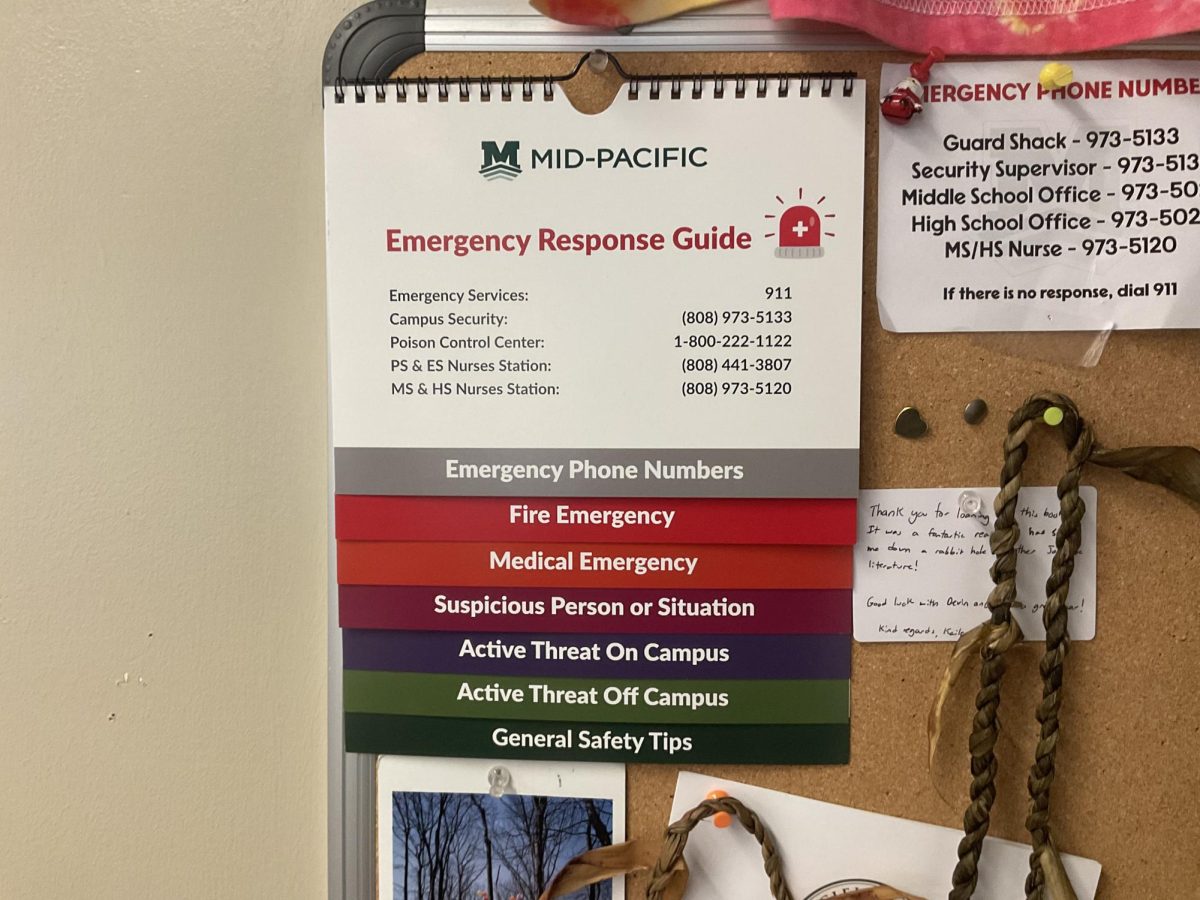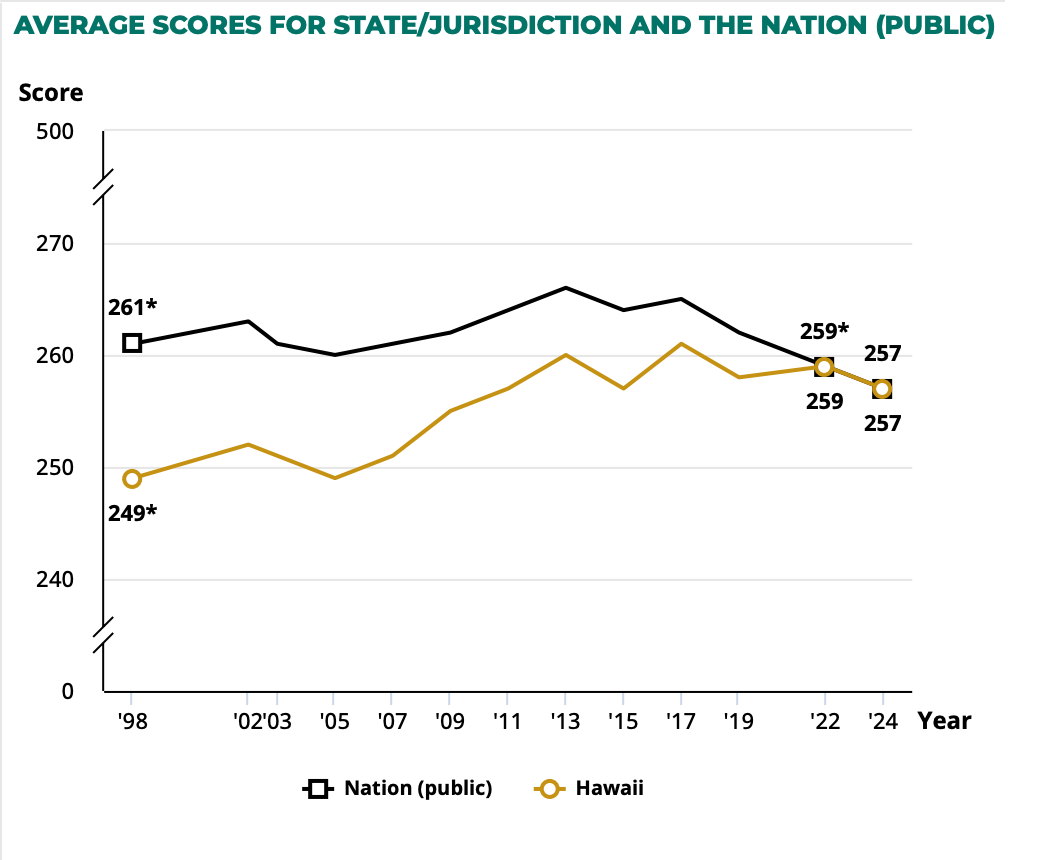Mental Health: focus on what you can control during the “new normal”
Illustration by Rell Uehara, Contributing Artist
43 percent of people say their mental health has been affected by the coronavirus pandemic. To improve your mental health, focusing on what you are grateful for can help, according to Mid-Pacific experts.
May 8, 2020
Spending weeks at home without venturing outside has become the new normal for most students. During the coronavirus pandemic, mental health has become an issue for many.
According to a poll conducted by the Kaiser Family Foundation, 45 percent of adults in the United States say that their mental health has been affected by the coronavirus outbreak.
“We had less people who weren’t as anxious and depressed because there was something more serious going on [the pandemic], but now that we’re into a month, we’re seeing more anxiety and depression,” said Jessie Mitchell, a behavior analyst who works at Mid-Pacific.
Students said they are also struggling with their mental health.
“Personally the pandemic has had more of a negative impact on mental health for students. The self discipline it takes to wake up on time, attend every class, avoid home distractions, and etc. is a skill many of us lack,” said senior Michael Tam.
With shopping malls, small businesses, and recreational areas closed, people are unable to partake in activities that were once a part of their daily life.
“Students aren’t able to do the things they love to do outside, and they aren’t getting much outside activity like before,” said sophomore Taiki Yamashita.
Mitchell recommended being compassionate to others, journaling, taking screen breaks, having a circle of support (close friends, family), and doing things you enjoy to improve your mental health.
If you’re struggling with your mental health or are dealing with other mental problems, reach out to a trusted adult, a counselor, or your parents to talk about how you’re feeling can help.
Some common causes of depression in teens are feeling like they don’t belong, being unable to see a future, feeling hopeless, having low self esteem, or when they feel worthless, said Mitchell.
“I typically listen to music because it is sort of a haven for me when I’m stressed,” said sophomore Sydney Tsuruda.
Now with more free time on their hands, people are staying at home longer than usual and have more time spent with their family or roommates.
“Being quarantined, for some people it’s actually improved family relationships. It can also put a strain on family relationships too. But I think that if you can learn how to communicate in a way that’s assertive and everyone’s able to express how they’re feeling, it can help avoid conflicts,” said high school counselor Cathy Ching.
According to a survey conducted by the Benenson Strategy Group, 71 percent of Americans are worried the social distancing measures in place will have a negative impact on the country’s mental health.
“You have to find that motivating factor for you personally to pull you forward. And not everyone is motivated by the same things,” said Mitchell.







